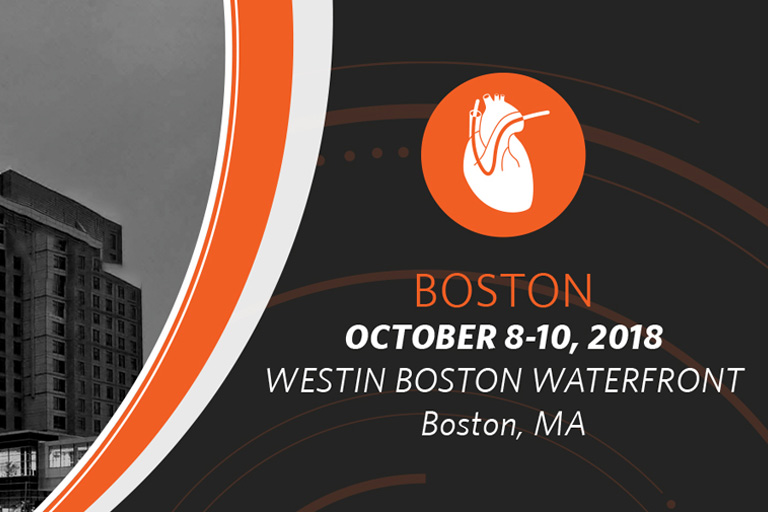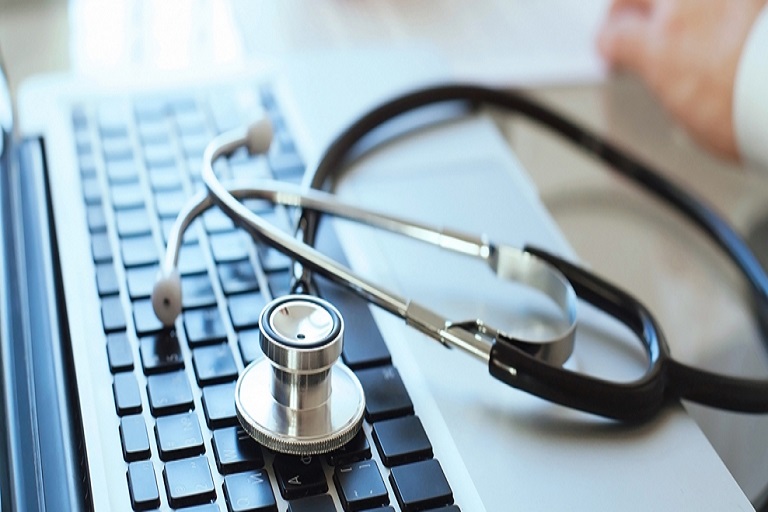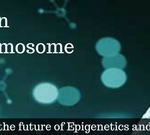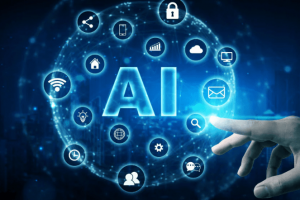Exclusive Article at EMRIndustry.com by Lindsey Patterson
Diagnostic imaging is where a medical professional view inside your body to find clues about a medical condition. Doctors use several techniques and machines to create pictures of activities and structures inside your body. The types of fusing diagnostic imaging the doctor uses depend on the signs and symptoms of the medical condition and also the part of your body which the doctor is examining. The machines include X-rays, CT scans, Nuclear Medicine scans, MRI scans and also Ultra sounds. Many of the imaging tests are very easy and painless. Some of the tests require the machine to stay in your body for some time, but it does not make you comfortable. Some of the tests require radiology. Some imaging tests require use of PACS systems in particular organs such as colon, lungs or heart. The future of the diagnostic imaging with artificial intelligence is very promising. The following is expected to happen.
- Radiologist who uses artificial intelligence will replace those who do not use it
There is a lot of fear and hype that artificial intelligence has a great impact on the future of the medical professional and health care. There are many signs that the artificial intelligence is changing the world of medicine. Many algorithms are narrowing down artificial intelligence especially in the field of medical diagnostic imaging which is making other radiologists that are not yet aware. The working of the radiologist will decline are they will be just looking pictures inside of your body. The radiologists should be not in the panic mode because the machine will not work alone without the assistance of human intelligence. The facts are that those who do not use radiologists will lose value in the field of healthcare.
- There will include the largest range of tool and high level of precision
There has been a constant improvement of the performance of the X-ray. The ultrasound also joined the field of medical diagnostic imaging. There are faster technological developments of the piezoelectric and electronics which will provide further advancements of stable images to more advanced gray images. The advancements will make still images to a real time moving images inside the body. Also, the CT scans which Raymond Damadian introduced in 1971 with the assistance of his students have became the routine experiment in the imaging tests of many students.
- Precision will give birth to automation
The history of the radiology has proven that it is constantly advancing day by day. There is a clear precision of the many machines and equipment that are used in diagnostic imaging. There is a focus to and a clear shift that radiologist’s lives will be easier for the introduction of the automation. The radiologist goes through a million of images in a day, and it is inevitable that their work can be automated to make it easier. The researchers are working on training algorithms to detect and spot many types of the abnormal activities basing on the radiology images. With the introduction of the automation, the work of the radiologist will be very effective by the provision of the accurate results within the shortest time possible. This does not mean that artificial intelligence will take the work of all the radiologist, the fact is that combining both will create more accurate results with putting much effort in studying millions of images daily.
The future of the diagnostic imaging is surprising because many of the researchers like in the University of Adelaide prove that with deep of learning of the algorithms AI is said to tell if one is going to die or not. 48 patients who were experimented by the students died within five years with an accuracy of 69 percent. The doctors will be able to also use AI in analyzing most of the CT scans. The future of the radiology and diagnostic imaging is AI. Radiologists should not feel threatened, but the medical community should all embrace its achievements.



























